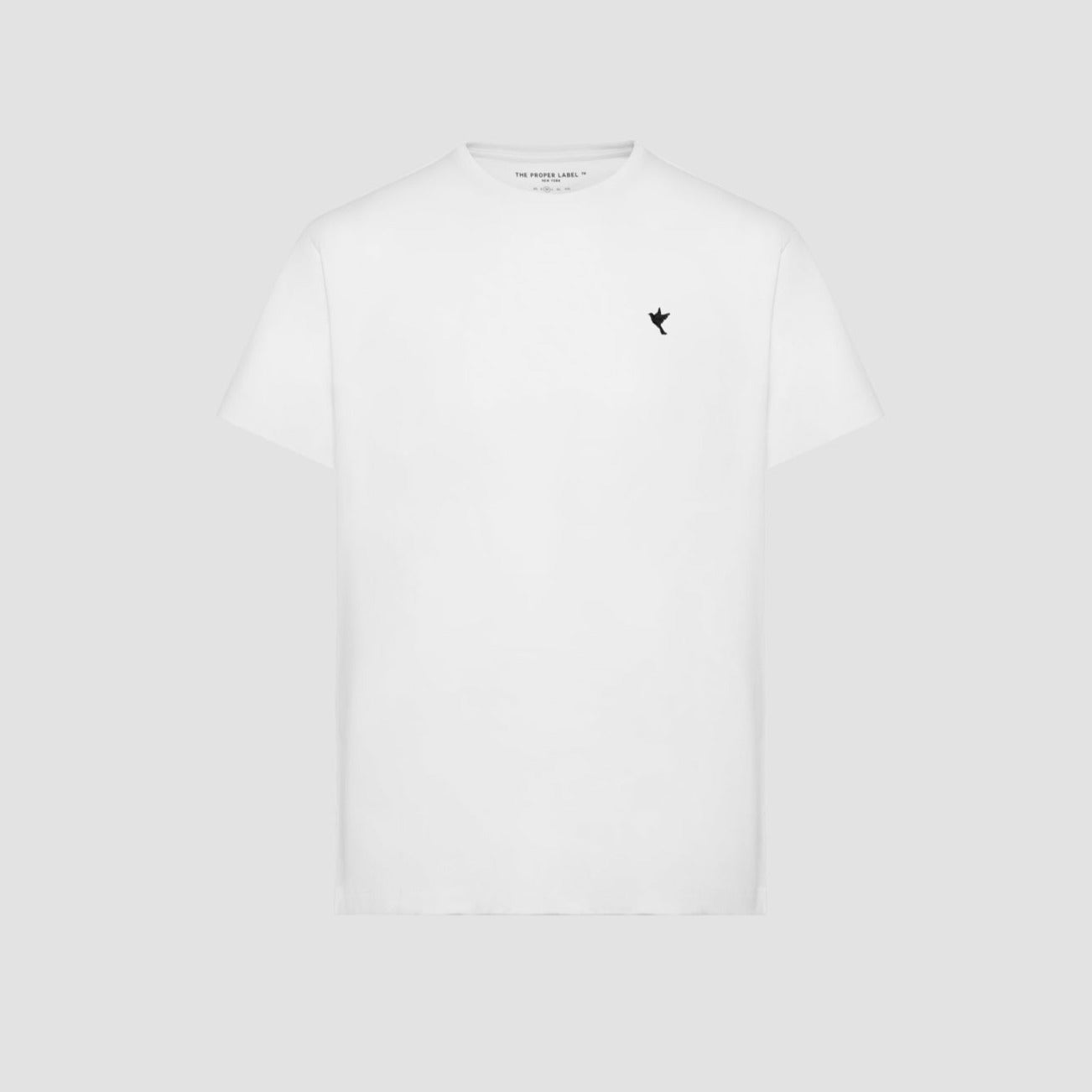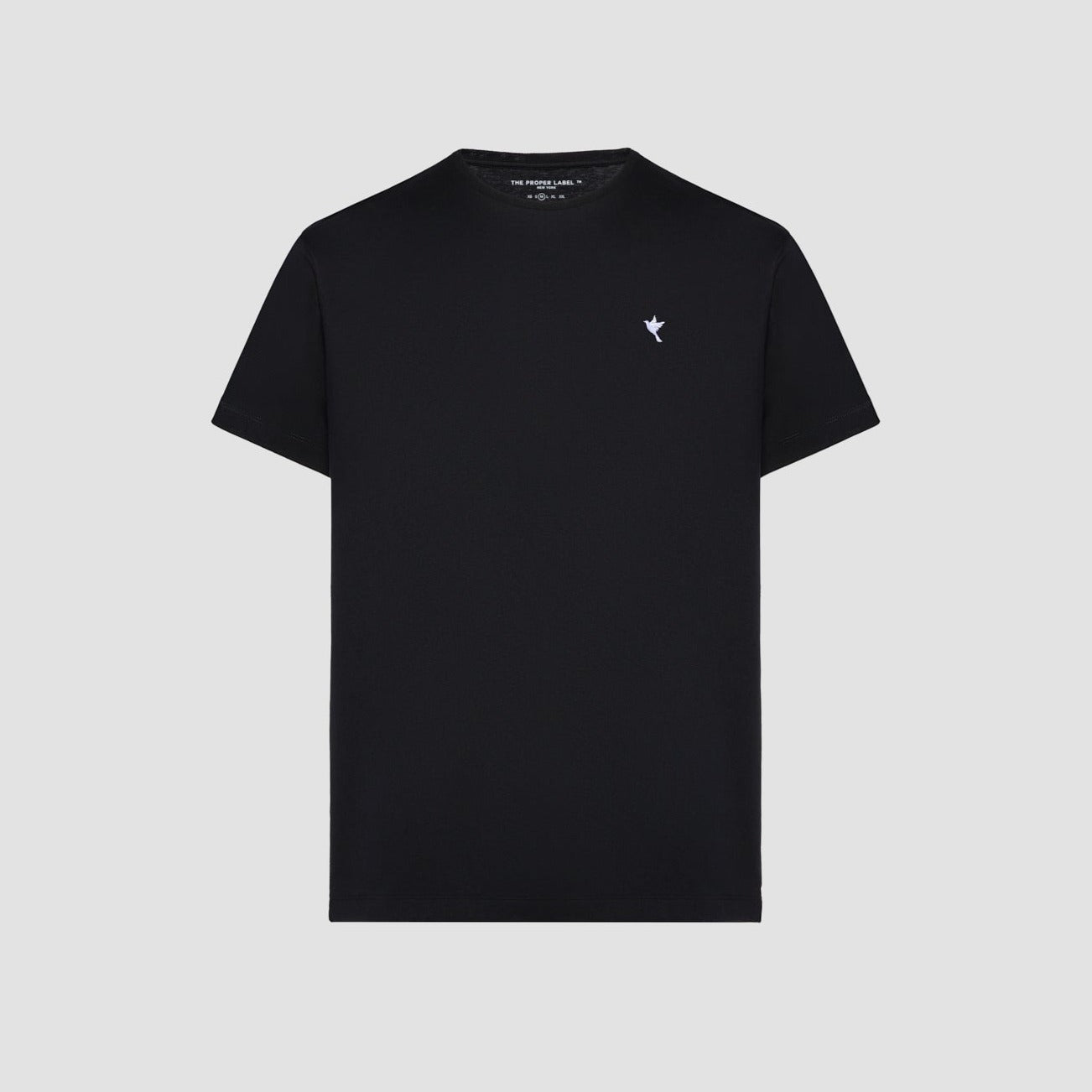In the past year or so, the world started to take climate change seriously. The previously non-existent conversation around sustainability, consumerism and the current state of the fashion industry was now first on the agenda, with brands and consumers alike re-evaluating their actions.
Across the fashion spectrum, companies were scrambling to be seen as doing something about it for fear of being left behind if they didn’t - Forever21 (arguably the blueprint for today’s fast fashion companies) filed for bankruptcy in September 2019, signaling a shift in consumer behaviors. From ASOS’s ‘Responsible Edit’, where consumers could shop recycled, organic or otherwise sustainable products, to brands like Victoria Beckham and Burberry joining others to ban fur in their collections; we saw a range of changes to ‘business as usual’ in the fashion industry. Backing this was the growth of rental platforms and clothes-swapping businesses - Depop now has 13 millions registered users worldwide, and 90% of those are under 26.
Of course, there were some who tried to jump on the trend without actually changing anything; and thus came another buzz-word of the year - ‘greenwashing’. Companies like Boohoo have been accused of overstating the environmental and ethical benefits of their products, and when they continue to grow year on year - the financial times reported that the “average basket value, order frequency and number of items in each basket also increased” - it poses a real problem in the industry. It also highlights an outdated business model of over-consumerism and throw-away culture that fast-fashion brands champion.
Change is coming however, in the form of Gen-Z; McKinsey reported that the next generation of consumers “increasingly back their beliefs with their shopping habits, favouring brands that are aligned with their values and avoiding those that don’t.” Just as much as they are backing sustainable shopping experiences like clothes-swaps, renting and buying secondhand, they’re also reducing shopping overall - “product fatigue and environmental concerns” are turning them into anti-excess-consumerists.
The brands they do back have firm principles - among them are volatility, transparency, and responsibility. Adidas is a favourite, not just for the rise in streetwear, but because of their equal pay, sustainable projects and increasing transparency.
The Coronavirus outbreak is just another factor to induce change; BoF reported “the resulting “quarantine of consumption” could accelerate consumer shifts, such as a growing antipathy toward waste-producing business models and heightened expectations for purpose-driven, sustainable action.” It’s clear that a ‘business as usual’ approach for the industry is no longer going to work.
So what does this mean for brands, and the future of the fashion industry? Are we going to see designers put upcycled clothes from previous collections in future seasons? Will depop expand to brick-and-mortar, like charity shops with more style? Will people be buying much of anything at all?
With the state of 2020 we may be waiting a few years for the new norms to sit in, but based on the events of 2019 two things are obvious: things will change, hopefully for the better; and the conversation around sustainability isn’t going anywhere.



![The Proper Tank Top ™ [Black Dove Embroidery] - The Proper Label ™](http://theproperlabel.us/cdn/shop/products/the-proper-tank-top-black-dove-embroidery-988325.jpg?crop=center&height=1433&v=1707436228&width=1303)
![The Proper Tank Top ™ [Black Dove Embroidery] - The Proper Label ®](http://theproperlabel.us/cdn/shop/products/the-proper-tank-top-black-dove-embroidery-373941.jpg?crop=center&height=1433&v=1707436338&width=1303)
![The Proper Tank Top ™ [White Dove Embroidery] - The Proper Label ™](http://theproperlabel.us/cdn/shop/products/the-proper-tank-top-white-dove-embroidery-693713.jpg?crop=center&height=1433&v=1707436149&width=1303)
![The Proper Tank Top ™ [White Dove Embroidery] - The Proper Label ®](http://theproperlabel.us/cdn/shop/products/the-proper-tank-top-white-dove-embroidery-431658.jpg?crop=center&height=1433&v=1707436392&width=1303)

![The Proper Tee Shirt ™ [Black Dove Embroidery] - The Proper Label ®](http://theproperlabel.us/cdn/shop/products/the-proper-tee-shirt-black-dove-embroidery-809675.jpg?crop=center&height=1433&v=1707430682&width=1303)

![The Proper Tee Shirt ™ [White Dove Embroidery] - The Proper Label ®](http://theproperlabel.us/cdn/shop/products/the-proper-tee-shirt-white-dove-embroidery-601925.jpg?crop=center&height=1433&v=1707430540&width=1303)
![The Proper Tee Shirt ™ [Black Proper. Embroidery] - The Proper Label ™](http://theproperlabel.us/cdn/shop/products/the-proper-tee-shirt-black-proper-embroidery-410129.jpg?crop=center&height=1432&v=1707430803&width=1302)
![The Proper Tee Shirt ™ [Black Proper. Embroidery] - The Proper Label ®](http://theproperlabel.us/cdn/shop/products/the-proper-tee-shirt-black-proper-embroidery-714561.jpg?crop=center&height=1433&v=1707430817&width=1303)
![The Proper Tee Shirt ™ Black [White Proper. Embroidery] - The Proper Label ™](http://theproperlabel.us/cdn/shop/products/the-proper-tee-shirt-black-white-proper-embroidery-505678.jpg?crop=center&height=1432&v=1707430908&width=1302)
![The Proper Tee Shirt ™ Black [White Proper. Embroidery] - The Proper Label ®](http://theproperlabel.us/cdn/shop/products/the-proper-tee-shirt-black-white-proper-embroidery-967946.jpg?crop=center&height=1433&v=1707430926&width=1303)
![The Proper Tee Shirt ™ Classic [No Logo] - The Proper Label ®](http://theproperlabel.us/cdn/shop/products/the-proper-tee-shirt-classic-no-logo-326406.jpg?crop=center&height=1432&v=1707423973&width=1302)
![The Proper Tee Shirt ™ Classic [No Logo] - The Proper Label ®](http://theproperlabel.us/cdn/shop/products/the-proper-tee-shirt-classic-no-logo-879475.jpg?crop=center&height=1432&v=1707424026&width=1302)
![The Proper Tee Shirt ™ Classic [No Logo] - The Proper Label ®](http://theproperlabel.us/cdn/shop/products/the-proper-tee-shirt-classic-no-logo-603222.jpg?crop=center&height=1432&v=1707423861&width=1302)
![The Proper Tee Shirt ™ Classic [No Logo] - The Proper Label ®](http://theproperlabel.us/cdn/shop/products/the-proper-tee-shirt-classic-no-logo-243880.jpg?crop=center&height=1432&v=1707423914&width=1302)

